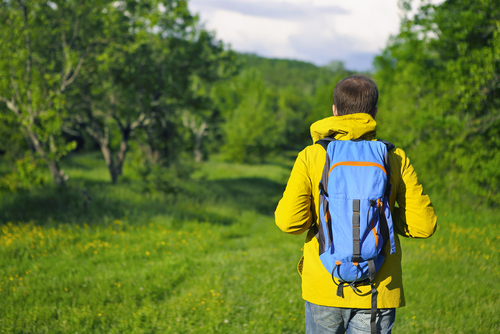50% of children experience trauma in their youth. Most adults will experience trauma at some point in their lifetimes. Children who experience abuse become adults who have been abused. Not all adults, or adult children, who experience trauma will grow up to have symptoms of post traumatic stress disorder or any kind of mental illness. There is a higher chance for children to develop difficulties after trauma than it is for an adult who experiences trauma later on in life. Substance abuse disorders like drug addiction and alcoholism are common, as well as mental illnesses like depression, obsessive compulsive disorder, anxiety, and PTSD.
Treating Childhood Trauma
Children are remarkably resilient. The coping and defense mechanisms a child develops early on often translates into adulthood. When substance abuse is introduced, many of these mechanisms are masked by the escape into euphoric relief provided by drugs and alcohol. Rather than confront their trauma and attempt to work through it, adults spend many years trying to escape it. Children, despite their resiliency, tend to create a “cognitive block”, as one child trauma specialist put it, which prevents them from being able to dive into that area of memory. Part of children’s resiliency comes from the blocking and compartmentalizing of their pain. Adults do that through substance abuse, toxic relationships, and harmful behaviors.
Therapists can spend endless sessions trying to get a client to open up through traditional psychotherapy or talking methods without success. Trauma is uncomfortable and processing it can be retraumatizing. Once they’ve been pushed too far, they act out- as they have been with their adverse behaviors during their adult lives. Some therapists suggest that there are alternatives to traditional talk therapy for trauma treatment, like adventure therapy.
Adventure therapy is an experiential learning and healing modality which forces the individual to be completely consumed in the present. Being in the present while still being controlled by the past causes a sort of forced reconciliation. Importantly, adventure therapy allows for a connection to both that which can be controlled (the self) and that which cannot (nature or external circumstances).
LEAD Recovery Centers witnesses the transformational experience of adventure therapy each weekend with all of our clients. We take full advantage of the diverse and wonderful landscape our southern coastal California locations have to offer us, engaging clients in water sports, hiking, snow trips, and more. For information on our intensive outpatient treatment programs, call (800) 380-0012.


